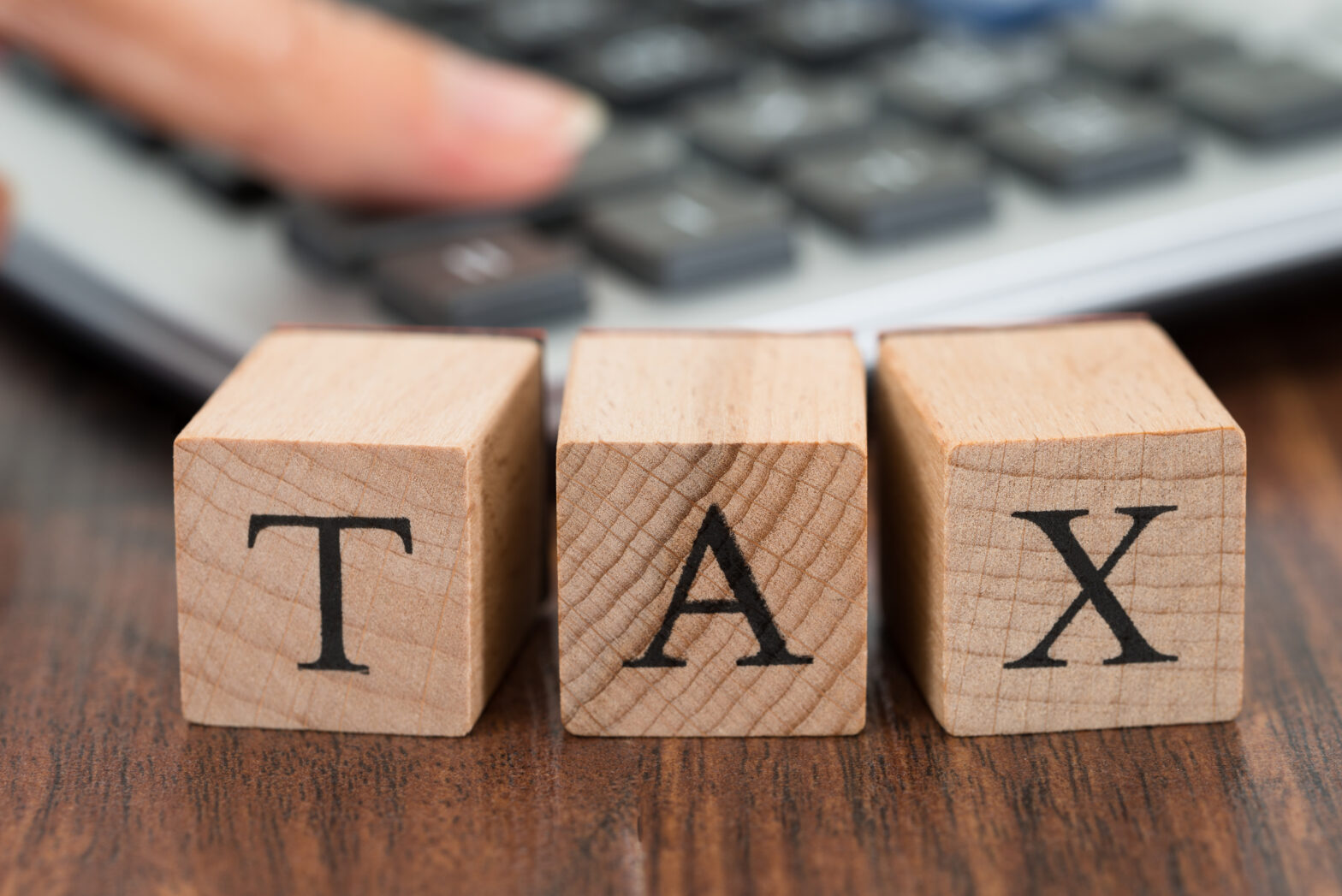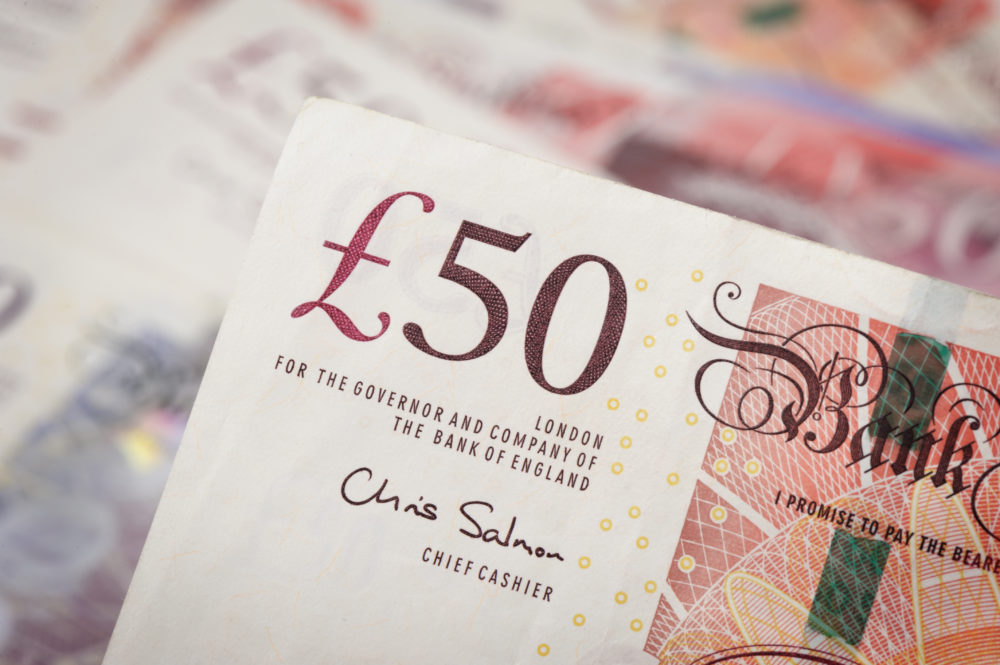As a general rule it is advisable to put away (in a separate account) 20/25 per cent of turnover to met Income Tax liabilities (with probably enough left over to afford an accountant to keep you on the straight and narrow and to negotiate the Income Tax and National Insurance Contributions bills for you).
You need only register for VAT if at the end of any month the value of your taxable supplies (sales or turnover) for the last 12 months has gone over the registration threshold – currently £61,000 in 2006/2007. However, you may chose to voluntarily register for VAT if you are going to buy a lot of equipment (computers, etc) which will have VAT on them which you will then be able to recover. Registering for VAT imposes a significant administrative burden at a time when you will be focused on building the business, so voluntary registration needs to be carefully weighed up.
Setting up a business can require a lot of investment in computers, other equipment and premises so arranging the finances also needs carefully planning. This is particularly the case when opening a new business and building the turnover and cash flow is likely to take time. If you have not done so already it would be worth doing a cash flow forecast to ensure that you have allowed sufficient finance. An accountant will be able to work with you to develop a cash flow forecast, which should be used as a tool to manage the business once you have started.





